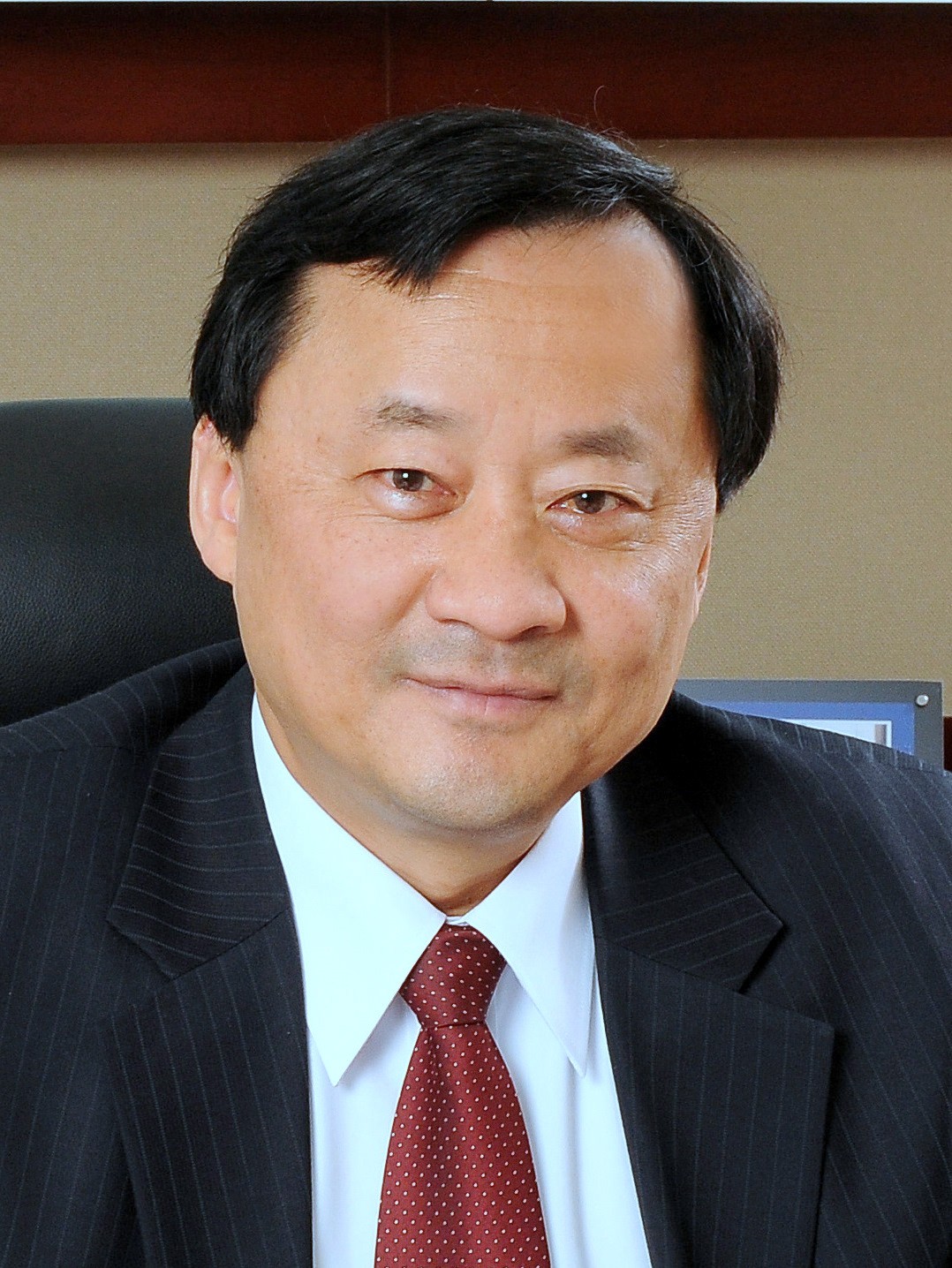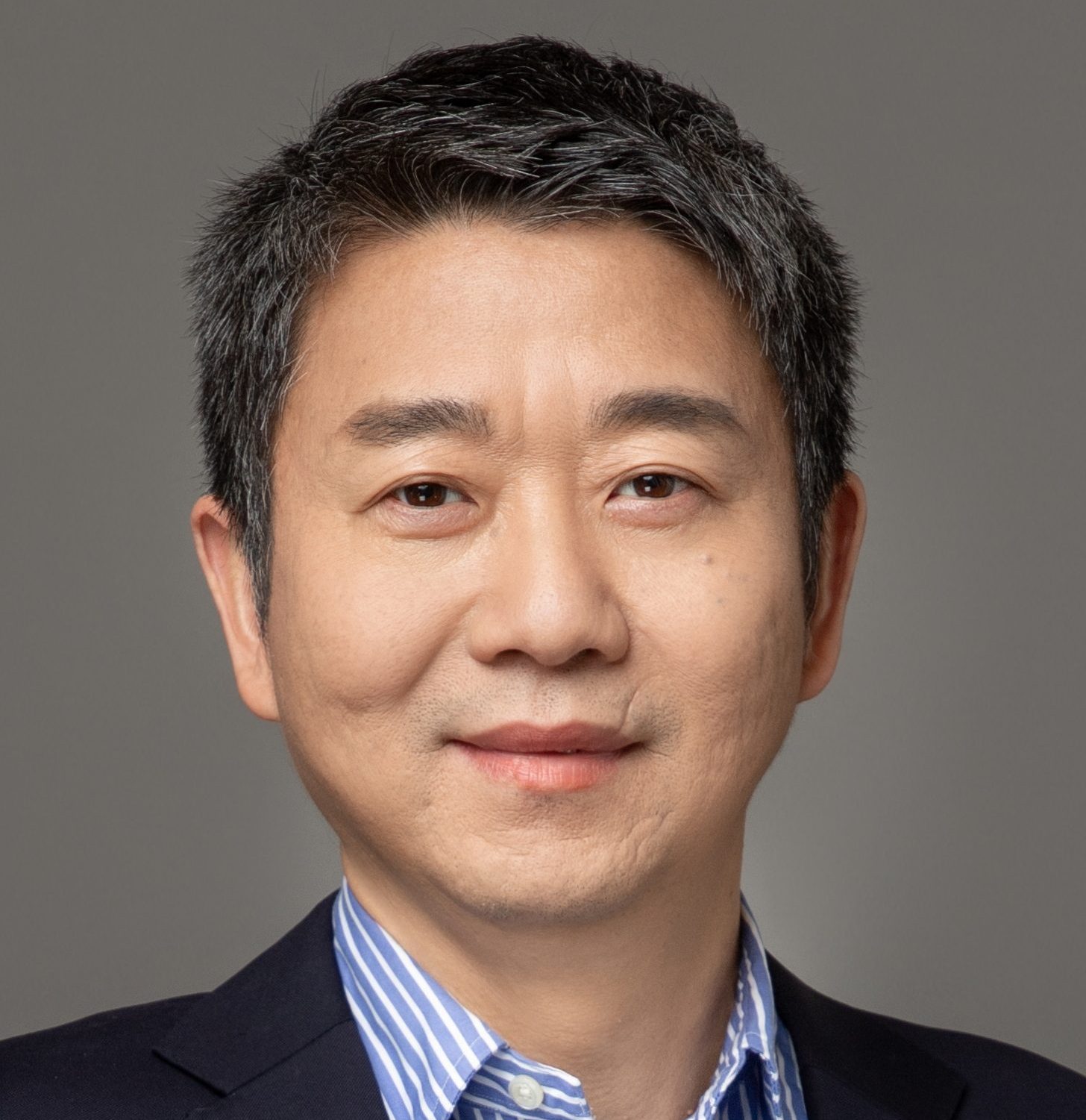| Prof. Benjamin W. WahAAAS Fellow, ACM Fellow, IEEE Fellow The Chinese University of Hong Kong, China Benjamin W. Wah is a Research Professor at the Chinese University of Hong Kong and Franklin W. Woeltge Emeritus Professor of Electrical and Computer Engineering at the University of Illinois, Urbana-Champaign. Previously, he served as the Provost and Wei Lun Professor of Computer Science and Engineering of the Chinese University of Hong Kong, the Director of the Advanced Digital Sciences Center in Singapore, as well as the Franklin W. Woeltge Endowed Professor of Electrical and Computer Engineering and Professor of the Coordinated Science Laboratory of the University of Illinois, Urbana-Champaign, USA. Wah received his Ph.D. degree in computer science from the University of California, Berkeley, CA, in 1979. He has received many awards for his research and service contributions, including the IEEE CS Technical Achievement Award (1998), the IEEE Millennium Medal (2000), the Society for Design and Process Science Raymond T. Yeh Lifetime Achievement Award (2003), the IEEE-CS W. Wallace-McDowell Award (2006), the Pan Wen-yuan Outstanding Research Award (2006), the IEEE-CS Richard E. Merwin Award (2007), the IEEE-CS Technical Committee on Distributed Processing Outstanding Achievement Award (2007), the IEEE-CS Tsutomu Kanai Award (2009), the Distinguished Alumni Award in Computer Science of the University of California, Berkeley (2011), and the Bronze Bauhinia Star of the Hong Kong Self Administrative Region (2021). Wah's current research interests are nonlinear search and optimization, multimedia signal processing, and artificial intelligence. Wah co-founded the IEEE Transactions on Knowledge and Data Engineering in 1988 and served as its Editor-in-Chief between 1993 and 1996. Currently, he is the Editor-in-Chief of Computers and Education: Artificial Intelligence and the Honorary Editor-in-Chief of Knowledge and Information Systems. He also serves on the editorial boards of Information Sciences, International Journal on Artificial Intelligence Tools, and World Wide Web. In addition, Wah served the IEEE Computer Society in various capacities, including Vice President for Publications (1998-1999) and President (2001). He is a Fellow of the AAAS and ACM, and a Life Fellow of the IEEE. Title: The Era of Big Applications, Big AI, Big Data, Big Algorithms, And Big Systems: Where Do We Go From Here? Abstract: This presentation examines issues facing the new era of multi-disciplinary applications, intelligent systems, complex algorithms, big data, and computer infrastructures. Traditional approaches focusing on a problem's individual aspect are inadequate for solving these challenging applications. A successful strategy must involve an integrated approach that examines trade-offs among competing objectives and resource constraints, utilizing sound domain knowledge. We propose methods for tackling these complex applications, drawing on the evolution of computer systems, artificial intelligence, big data, and complexity theory. Lastly, we offer a new paradigm for harnessing the complexity of designing intelligent systems in this new era. |
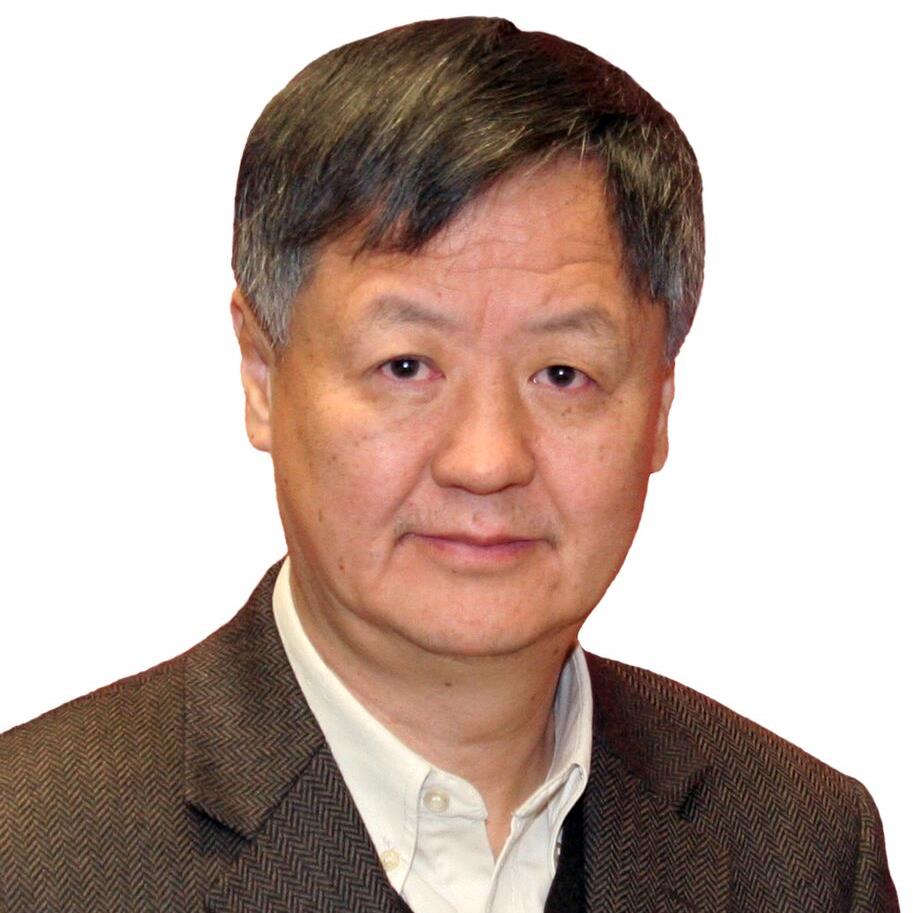 | Prof. Jun WangIEEE Life Fellow, IAPR Fellow, MAE (foreign) City University of Hong Kong, China Jun Wang is a chair professor at City University of Hong Kong. Prior to this position, he held various academic positions at Dalian University of Technology, Case Western Reserve University, University of North Dakota, and the Chinese University of Hong Kong. He also held various short-term visiting positions at USAF Armstrong Laboratory, RIKEN Brain Science Institute, Shanghai Jiao Tong University, Dalian University of Technology, and Swinburne University of Technology. He received a B.S. degree in electrical engineering and an M.S. degree from Dalian University of Technology, and his Ph.D. degree from Case Western Reserve University. He is the Editor-in-Chief of the IEEE Transactions on Artificial Intelligence and was an Editor-in-Chief of the IEEE Transactions on Cybernetics from 2014 to 2019. He is an IEEE Life Fellow, IAPR Fellow, a Fellow of the Hong Kong Academy of Engineering, and a foreign member of Academia Europaea. He is a recipient of the APNNA Outstanding Achievement Award, IEEE CIS Neural Networks Pioneer Award, CAAI Wu Wenjun AI Achievement Award, and IEEE SMCS Norbert Wiener Award, among other distinctions. Title: Intelligent Information Processing via Collaborative Neurodynamic Optimization Abstract: The past four decades witnessed the birth and growth of neurodynamic optimization, which has emerged as a potentially powerful problem-solving tool for constrained optimization due to its inherent nature of biological plausibility and parallel and distributed information processing. In this talk, starting with the advances incollaborative neurodynamic optimization, I will highlight the problem formulations and experimental results of several specific paradigms in this framework for feature selection, capacitated clustering, sparse Bayesian learning, and sparse signal reconstruction.
|
| Prof. Shugong XuIEEE Fellow Associate Vice President for Research and Impact at Xi’an Jiaotong-Liverpool University, China Professor Shugong Xu is the Associate Vice President for Research and Impact at Xi’an Jiaotong-Liverpool University and an academic staff in the Department of Intelligent Science at XJTLU’s School of Advanced Technology. He is an expert in artificial intelligence, pattern recognition, and wireless communication systems. He is recognised as a Leadership Talent in Technological Innovation under China’s National High-Level Talents Special Support Plan and is a Fellow of the Institute of Electrical and Electronics Engineers (IEEE Fellow). Professor Xu pursued his undergraduate studies at Wuhan University from 1986 to 1990. He then obtained his master’s degree in Pattern Recognition and Intelligent Control and his PhD in Communication and Information Systems at Huazhong University of Science and Technology between 1990 and 1996. From 1996 to 1998, he conducted postdoctoral research at the State Key Laboratory of Microwave and Digital Communication at Tsinghua University. He then engaged in research at Michigan State University and the City College of New York from 1998 to 2001. From 2001 to 2008, he worked as a Senior Research Scientist at Sharp Laboratories of America. In 2008, he joined Huawei Technologies, serving in roles within the Wireless Research Department and the 2012 Labs. In 2013, he became the Director of the Mobile Network and Computing Convergence Research Lab at Intel Labs. At the end of 2016, Professor Xu joined Shanghai University as a Distinguished Professor in the School of Communication and served as the founding director of the Shanghai Institute for Advanced Communication and Data Science until mid-2021. Professor Xu has served as the Co-chair of the Technical Committee of the Green Communications Alliance, the Chief Scientist of a National 863 Key Project, and the leader of multiple significant international and domestic R&D initiatives. He received the IEEE Communications Society’s Significant Advances in Communications Paper Award in 2017. In 2023, he was honoured with the Shanghai Natural Science First Prize. He currently holds several prominent roles, including Vice Chair of the Image and Video Communication Technical Committee of the China Society of Image and Graphics, Executive Member of the Pattern Recognition and Intelligent Control Technical Committee of the Chinese Association of Automation, Director of the Shanghai Communication Society, Chair of its Intelligent Networking and Connected Systems Committee, and member of the Shanghai 5G/6G Expert Committee. Title: 6G ISAC、 V2X and Low Altitude Flying Abstract: Sensing capability has been considered one of the critical new features and capabilities in 6G, along with AI capability etc. In this talk, we will discuss the recent advances in this new SaaS and its impact to the design of the future RAN evolution etc.. We will talk as well about its potential connection to the Vehicle to everything (V2X ) intiative, as well as the low altitude flying, along with the new challenges and oppurtunities in the related fields. |
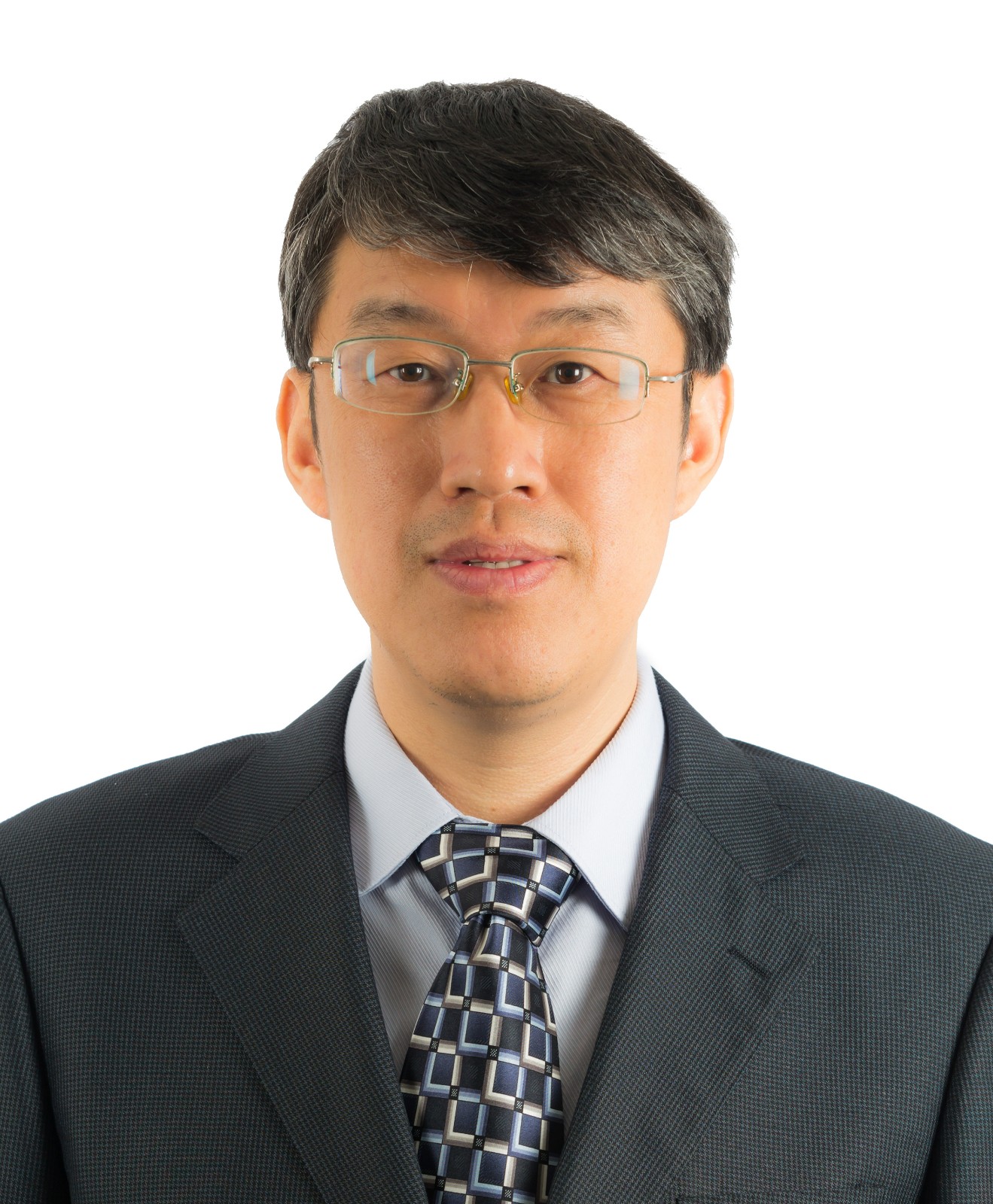 | Prof. Xiaoli LiIEEE Fellow, AAIA Fellow Nanyang Technological University, Singapore Xiaoli is currently the Department Head and Senior Principal Scientist at the Institute for Infocomm Research, A*STAR, Singapore. He also serves as an adjunct full professor at the School of Computer Science and Engineering, Nanyang Technological University, Singapore. With a diverse range of research interests, Xiaoli focuses on cutting-edge areas such as AI, data mining, machine learning, and bioinformatics. His contributions to these fields are evident through his extensive publication record, boasting over 370 peer-reviewed papers, and the recognition he has received, including over ten best paper awards. He has been serving as Editor-in-chief of the Annual Review of Artificial Intelligence and an Associate Editor for prestigious journals like IEEE Transactions on Artificial Intelligence and Knowledge and Information Systems, as well as conference chairs and area chairs of leading AI, machine learning, and data science conferences, such as AAAI, IJCAI, ICLR, NeurIPS, KDD, ICDM etc. Beyond academia, Xiaoli possesses extensive industry experience, where he has successfully spearheaded over 10 R&D projects in collaboration with major industry players across diverse sectors, such as aerospace, telecom, insurance, and professional service companies. Xiaoli is an IEEE Fellow and Fellow of Asia-Pacific Artificial Intelligence Association (AAIA). He has been recognized as one of the world's top 2% scientists in the AI domain by Stanford University, Clarivate's Highly Cited Researcher, and one of the top ranked computer scientists by Research.com. Title: AI for Sensor-Based Time Series Analytics Abstract: The widespread deployment of sensors across industries such as manufacturing, aerospace, and healthcare has generated vast amounts of time series data, creating an urgent demand for advanced AI-driven analytics. This talk presents recent breakthroughs in AI techniques designed to unlock the full potential of sensor-based time series data. We will highlight progress in three key areas: (1) self-supervised representation learning, which leverages contrastive learning to extract rich features from unlabeled time series data; (2) unsupervised domain adaptation for multivariate sensor streams, addressing local and global distribution shifts to ensure robust cross-domain performance; and (3) model compression and optimization for efficient edge deployment, enabling real-time analytics in resource-constrained environments. Finally, we will explore emerging efforts in developing foundation models for time series analytics, and how they can be effectively adapted to diverse downstream applications. |
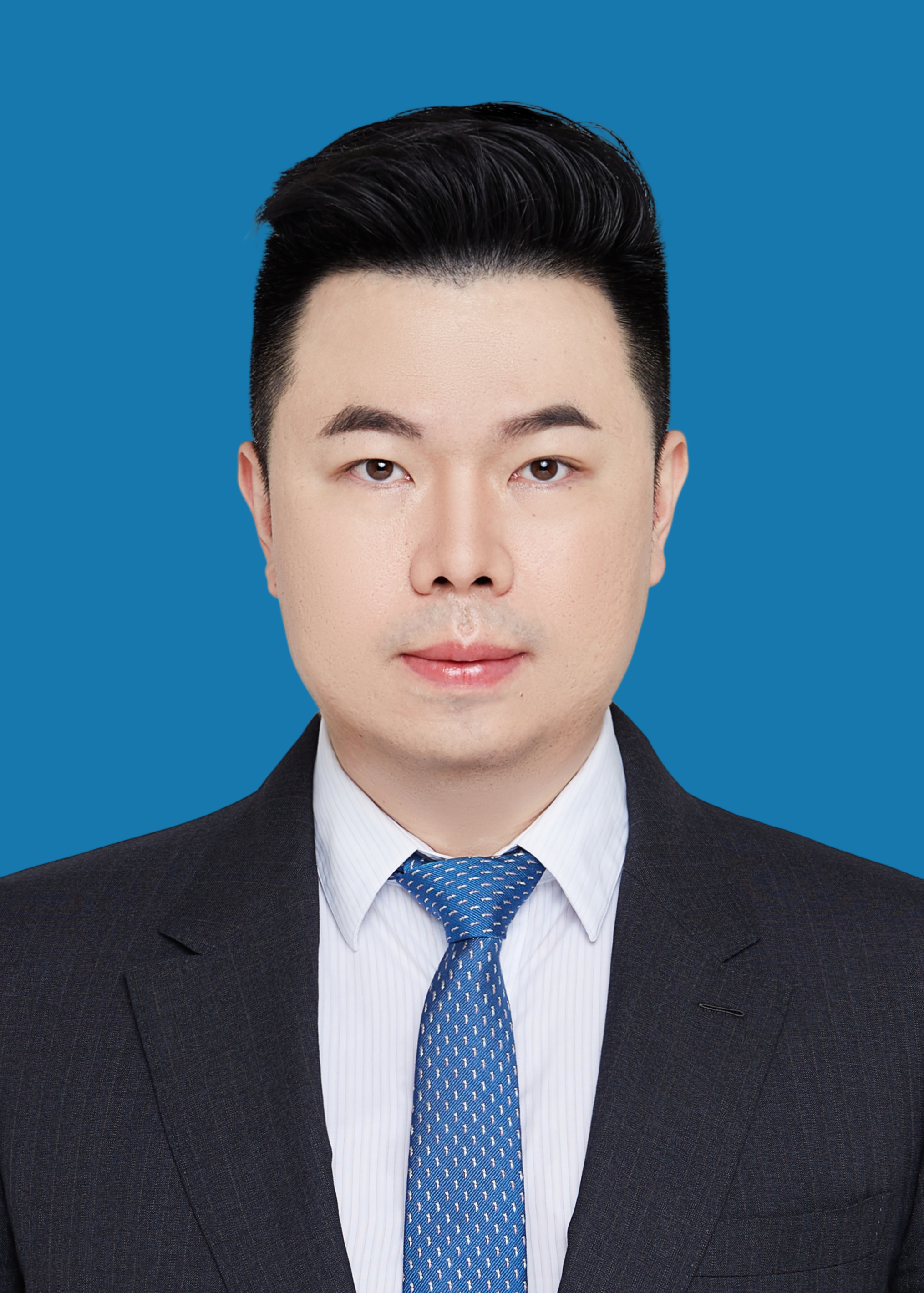 | Prof. Xin LuoIEEE Fellow, AAIA Fellow, National High-Level Talent of China Dean of the College of Computer and Information Science and School of Software, Southwest University, China Xin Luo is currently a Distinguished Professor at the Southwest University, and also serving as the Dean of the College of Computer and Information Science and School of Software. He is an Fellow of IEEE, Fellow of AAIA, and National High-Level Talent of China. His research interests focus on artificial intelligence and data science. He has authored or coauthored over 400 papers (including over 163 IEEE Transactions/Journal papers) in international journals such as IEEE T-PAMI, T-KDE, and T-NNLS, as well as at international conferences like AAAI, WWW and ICDM. His work has garnered over 16,000 Google Scholar citations with an H-index of 78. He has led 8 national-level projects (including the National Key R&D Program) and more than 20 provincial/ministerial-level projects, accumulating over 80 million CNY in research funding. He has received three Provincial/Ministerial-level First Prize of Scientific and Technological Progress Award. Since 2022, he has consistently been listed in both the World’s Top 2% Most-Cited scientists and as a Highly Cited Chinese Researcher. Title: A Preliminary Research on High-Order Nonstandard Tensor Representation Learning Model Abstract: High-order nonstandard tensors are typical data structures in big data and artificial intelligence applications. Accurate and efficient representation learning of such tensors is a crucial prerequisite for subsequent knowledge discovery and pattern recognition. In this study, we focus on representation learning methods for third-order non-standard tensors and propose a series of representation learning models based on the tensor CP decomposition principle, preliminarily achieving efficient and accurate representation learning for third-order non-standard tensors. Related papers have been published in journals such as IEEE T-PAMI, T-KDE, and T-CYB. |
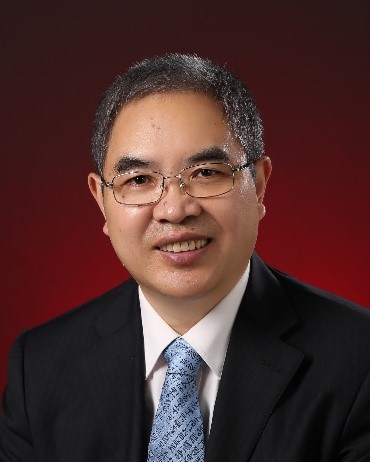 | Prof. Pingyi FanIET Fellow, Academician of the United States National Academy of Artificial Intelligence Tsinghua University, China Dr. Pingyi Fan is a tenuredProfessor in the Department of Electronic Engineering of Tsinghua University,Director of the Open Source Data Cognitive Innovation Center, Member (Academician) of the National Academy of Artificial Intelligence (US-NAAI), aCo-chair of the Academic Committee of the NAAI Asia Institute, aFellow of the Institution of Engineering and Technology (IET Fellow) and the IET Fellowship InternationalAssessor. He received his Ph.D. degree in Electronic Engineering from Tsinghua University in 1994, and was a visitingScholar at the Hong Kong University of Science and Technology and the University of Delaware from 1997 to 1999. He has published more than 600 academic papers (ORCID), including more than 170 IEEE journals and more than 10 ESI highly cited papers. He has applied for more than 40 national patents, 7 international patents and 5 academic works. He has won the best paper award of 10 IEEE international conferences, including IEEE ICCCS 2024, ICC2020 and Globecom2014 etc,IEEE TAOS 2020 Best Paper Award, 2024 high impact paper awardof CJE fromthe Chinese Institute of Electronics, and IEEE TWC (2009)Excellent Editor Award. AEIC (2023) Most Popular Scholar Award, China Institute of Communications (2023) Natural Science Second Prize, IEEE AASP Acoustic Scene and Event Detection and Classification Competition-DCASE2024 DCASE2024Challenge Judges' Award, etc., and served on the editorial boards of IEEE and MDPI and other journals, including Editorial Board MemberofIEEE Transactions on Cognitive of Communications and Networking (TCCN) (2024-2026), Editorial Board Member of Open Journal of Mathematical Sciences, Editorial Board Member of IAES International Journal of Artificial Intelligence (IJAI) (2023-2026), Deputy Director of China Information Theory Branch, Co-ChairofChina 6G-ANA TG4, Technical Committee Chair of Network and Communication ofIEEE ChinaSIP etc. He has served asthe general Chair, TPC ChairorKeynote Speakerat more than 40 international conferences. His recent research interests include 6G wireless communication networks and machine learning, semantic information theory and generalized information theory, big data processing theory, and intelligent network and system detection etc. Title: Information Theory and AI: Towards Intelligent Information Processing Abstract: Information Theory, as an interdisciplinary discipline of mathematics and engineering, has been extended from digital communication to many fields of the natural sciences since it was proposed by Claude Shannon in 1948. In the last decade, it has played a core role in the developments of artificial intelligence (AI) technology. The core concepts, Entropy and Mutual Information, not only provide quantitative tools for data compression and information encoding, but also provide new insights to understand the essence of intelligent learning. Starting from the basic framework of information theory, this report discusses how it can be constructed from data compression to deep learning, from decision optimization to cognitive modeling, and expounds the core role and value of information theory through some specific examples. Finally, a brief introduction to the future direction and challenges is also given. |
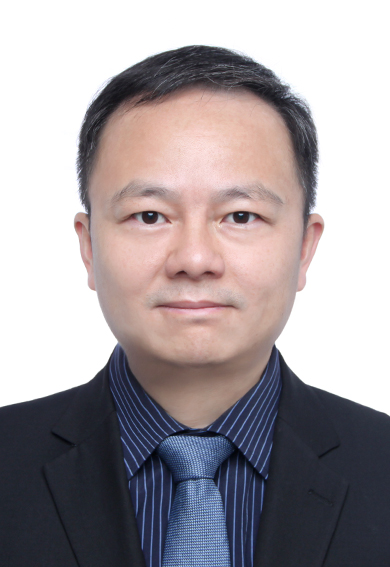 | Prof. Wei WangPI of National Key R&D Program of China Dean of School of Software Engineering, Xi’an Jiaotong University, China Dr. Wei Wang is a full Professor with Xi’an Jiaotong University, China. He is also an adjunct Professor with school of computer science and technology, Beijing Jiaotong University. He received the Ph.D. degree from Xi'an Jiaotong University, in 2006. He was a Post-Doctoral Researcher with the University of Trento, Italy, from 2005 to 2006. He was a Post-Doctoral Researcher with TELECOM Bretagne and with INRIA, France, from 2007 to 2008. He was also a European ERCIM Fellow with the Norwegian University of Science and Technology (NTNU), Norway, and with the Interdisciplinary Centre for Security, Reliability, and Trust (SnT), University of Luxembourg, from 2009 to 2011. He was a faculty member with Beijing Jiaotong University from 2011 to 2024. His recent research interests lie in data security and privacy-preserving computation. He has authored or co-authored over 100 peer-reviewed articles in various journals and international conferences, including IEEE TIFS, IEEE TSE, IEEE TKDE, USENIX Security, ACM CCS, AAAI, Ubicomp, IEEE INFOCOM. He received the ACM CCS 2023 Distinguished Paper Award. He is an Elsevier ``highly cited Chinese Researchers''. He is an Associate Editor for IEEE Transactions on Dependable and Secure Computing, and an Editorial Board Member of Computers & Security and of Frontiers of Computer Science. He is a vice chair of ACM SIGSAC China. Title: Understanding the Security of Coin-based Voting Governance in Blockchain Abstract: Delegated-Proof-of-Stake (DPoS) blockchains, such as EOSIO, Steem and TRON, are governed by a committee of block producers elected via a coin-based voting system. We demonstrate that the resistance of a DPoS blockchain to takeovers is governed by both the theoretical design and the actual use of its underlying coin-based voting governance system. We present the first large-scale empirical study of the passive takeover resistance of EOSIO, Steem and TRON. Through both theoretical and empirical analyses, our work provides novel insights into the security of coin-based voting governance and suggests potential ways to improve the takeover resistance of any blockchain that implements this governance model. |

